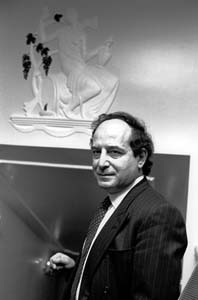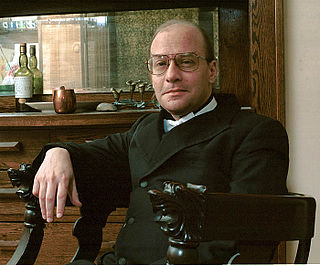A Quote by Jami Attenberg
There's something to be said for an author who clearly respects a reader.
Related Quotes
Against the censurers of brevity. - Something said briefly can be the fruit of much long thought: but the reader who is a novice in this field, and has as yet reflected on it not at all, sees in everything said briefly something embryonic, not without censuring the author for having served him up such immature and unripened fare.
We must be forewarned that only rarely does a text easily lend itself to the reader's curiosity... the reading of a text is a transaction between the reader and the text, which mediates the encounter between the reader and writer. It is a composition between the reader and the writer in which the reader "rewrites" the text making a determined effort not to betray the author's spirit.

































